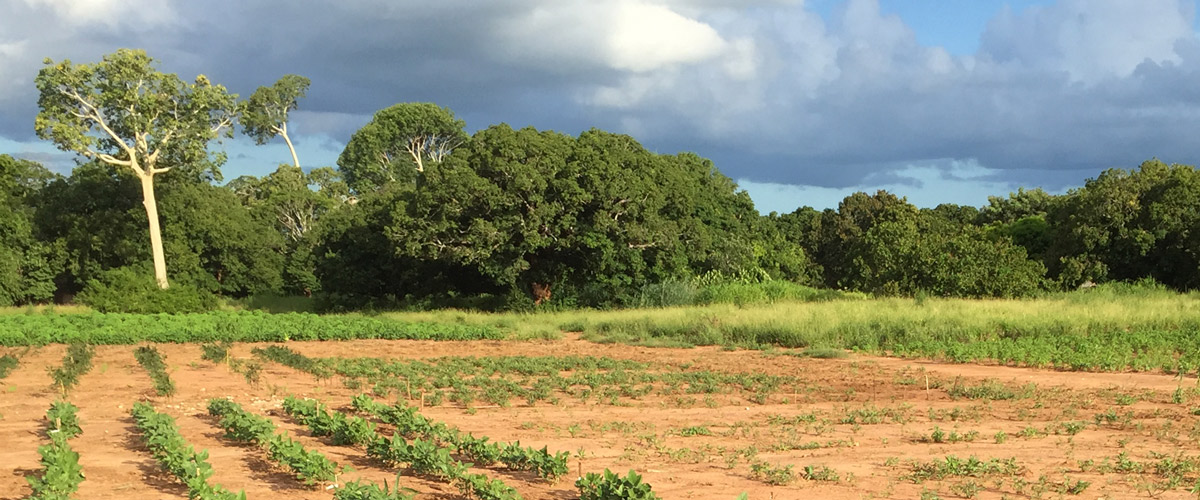
RMS Creates Presentation Tutorial for Widespread Student Use
The research methods support (RMS) project is all about increasing the effectiveness of agroecological research done by the CCRP. The team works the many individuals and groups within the program who need support designing research, handling and analyzing data, and using the results. Sometimes, the diverse activities in which RMS gets involved come together in an especially beneficial way. Below is a recent example.
The RMS team has always valued student contributions to the program, believing in the importance of training the next generation of committed agroecological researchers. Before every annual ESAf CoP meeting, RMS organizes a student session to help them present their results effectively. The September 2020 session staged online generated mixed results. Some students made great posters and presentations; others asked for more support.
RMS subsequently organized an online student workshop, “Presenting Results of Research,” which took place in December 2020. Twenty-seven students from the region signed up. The workshop consisted of four days of discussing examples and experiences, reviewing peer work, identifying principles, and hearing from experts. The students were positive about what they learned. Said one, “I was able to change the whole format of presenting my work to a more organized and structured presentation, putting into use the principles discussed . . . [Now I am] telling it as a story so the audience can follow, keep track, and understand what message I am trying to pass to them.”
So, too, did the RMS team running the workshop learn, gathering additional ideas of what students find useful and important. Seeking to share the material generated from the workshop with a wider audience, the team compiled it into the e-book “Presenting Research Results” and collection of YouTube videos. Produced using Bookdown, the book is easy to read online or download and print, and similarly easy for the authors to update and extend. This new technology for RMS represents another tool it can use to help others publish their work.
Thirty-one science students at Sokoine University of Agriculture in Tanzania read the written work, watched the videos, and provided feedback, thanks to Nuru Kipato, who works both at the university and with RMS. They represent the target audience: students beyond the CCRP who are learning to be effective researchers in agriculture. Most were positive about the content and style, saying, for example, “Content was excellent and perfect, especially for poster-presenting” and “The videos were good: easily understandable and not too big to download.” Others provided ideas for improvement, such as “Very good but the presenter was too fast in speaking. Needs to repeat several times so as to get the message [across] clearly.”
What started as help for a few students presenting at a CoP meeting has become a public resource being used well beyond the CCRP: an opportunity recognized and seized.
Date:
6/3/2021